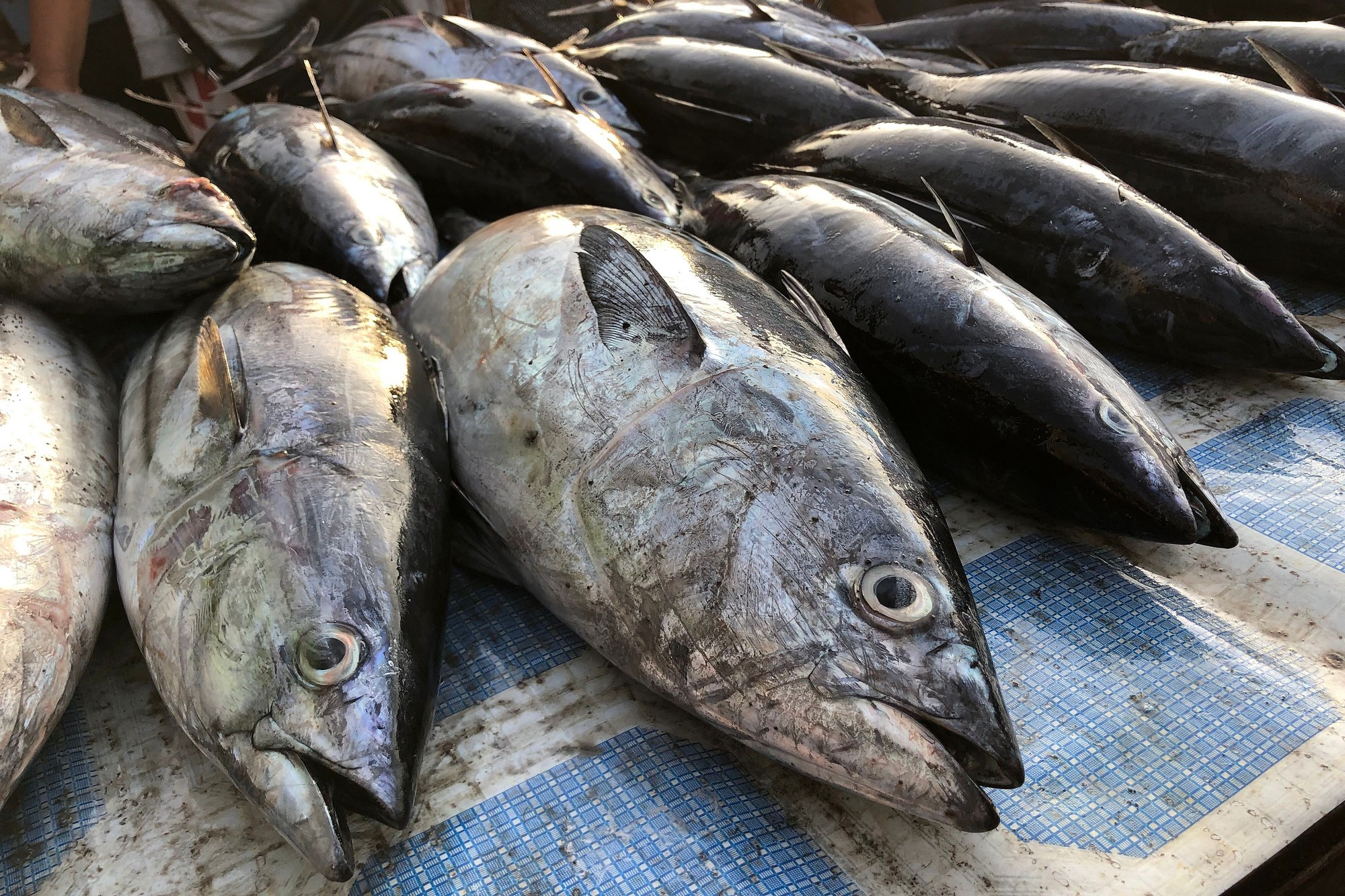The Feelings of Fish – A Follow-Up

Back in 2023, I wrote about a recent study showing the ability of fish to pass the Mirror Test – an important indicator of advanced cognitive abilities. I wrote about how these findings raised troubling implications for our treatment of fish, particularly if it implies that fish are capable of suffering.
A new study out earlier this month confirms precisely this. Examining how rainbow trout experience air asphyxia (that is, the way in which caught fish “suffocate” once taken out of water), the study found that the average fish suffers around 10 minutes of moderate to intense suffering as they die. That turns out to be around 24 minutes of suffering per kilogram of fish.
Such findings are worthy of careful consideration, given that fish is the most widely consumed meat in the world. In fact, 2.2 trillion wild fish and 171 billion farmed fish are killed each year for our consumption. Even on a much smaller scale, the study should be a cause for concern. According to the findings above, a standard tuna sandwich (containing around 70 grams of fish) is the product of around 100 seconds of intense animal suffering.
Can we morally justify this? Is that tuna sandwich really worth it?
As I outlined last time, Peter Singer uses the principle of equality to argue that if it’s morally impermissible to inflict a certain amount of pain on one creature, then it’s just as wrong to inflict that same amount of pain on any other creature. It’s a safe bet that most people would never consider inflicting 100 seconds of intense pain on a human for something as trivial as a sandwich. So how can we explain why this is permissible when it comes to fish?
The first possible answer is, perhaps, the most obvious: fish aren’t humans. We might argue that there’s an importance difference between humans and all other animals – that is, that it’s permissible to treat animals in ways that it would be impermissible to treat humans. But this answer doesn’t accurately describe out attitudes toward many other animals. I, for example, would never want to see my pet cat suffer for the sake of a mere sandwich. Perhaps, then, it’s the fact that it’s permissible to treat some animals in ways that it would be impermissible to treat humans and some other animals. We might say that it’s okay to cause fish and chickens to suffer for a sandwich, but not cats and dogs. But this approach demonstrates the exact kind of speciesism that the principle of equality rejects. What’s more, drawing lines about which animals can suffer for our benefit, and which cannot, seems awfully arbitrary.
A second answer can be given by saying that it’s not about species, but rather cognitive ability. Fish are commonly perceived as less intelligent than cats or dogs – and much less intelligent than humans. We might therefore use this as a basis for explaining why it’s permissible to treat fish in ways we’d never considering treating humans and certain other animals. But this approach is problematic too. Why? Because, ordinarily, we don’t use something’s cognitive ability as a guide to how much moral consideration it should be given. We don’t, for example, think it’s okay to treat someone worse simply because they’re less intelligent than someone else.
So how – if at all – can we justify that tuna sandwich?
Mary Anne Warren provides one possible route. While Warren acknowledges that animals have rights, she argues that these rights can often differ from equivalent human rights in both their content and strength. Let’s look at these one at a time. The content of a right describes what that right protects. Consider the right to freedom of speech. The content of this right involves my ability to say what I want, when I want, in whatever form I want. The strength of a right instead outlines the weight of the reasons required to trump that right. In many jurisdictions, for example, the (legal) right to freedom of speech doesn’t cover hate speech – since in those cases, competing reasons (i.e., other people’s rights to dignity and respect) are sufficiently strong to override the right to freedom of expression.
Consider, now, the right to freedom of movement. In order for most humans to fulfill their desires, the content of this right requires an ability to travel pretty far afield. I, for one, had to move to the other side of the world to pursue my dream of becoming a professional philosopher. For most animals, however, the right to freedom of movement requires much less. A migratory bird may need to travel many thousands of miles – such that imprisoning it (say, in a zoo) would amount to a violation of its right to freedom of movement. Another animal, however, may never stray beyond its territory of a single acre – meaning that restricting it within this space (say, by erecting a fence) would not violate its right to freedom of movement.
It’s in the relative strength of rights that Warren’s approach might provide some help for fish-eaters. Her approach allows us to say acknowledge that while humans and animals all have a right not to suffer, the weight of the reasons needed to trump this right differ between humans and different animals. In this way, a human needing to eat food in order to survive might be a strong enough reason to trump the rights of a fish (or any other animal, for that matter). This, I think, is a fairly close approximation of how most meat-eaters justify their treatment of animals. It’s not that animals don’t have rights, nor that in most cases we shouldn’t respect those rights – it’s just that humans need to eat, and this fact is weighty enough to justify us killing and eating other animals.
But here’s the problem with that argument: while we need to eat, we don’t need to eat meat. And while it’s true that some barriers to plant-based alternatives exist (cost, availability, allergies, etc.), for most of us, there’s nothing preventing us to make a better choice than a tuna suffering sandwich.




